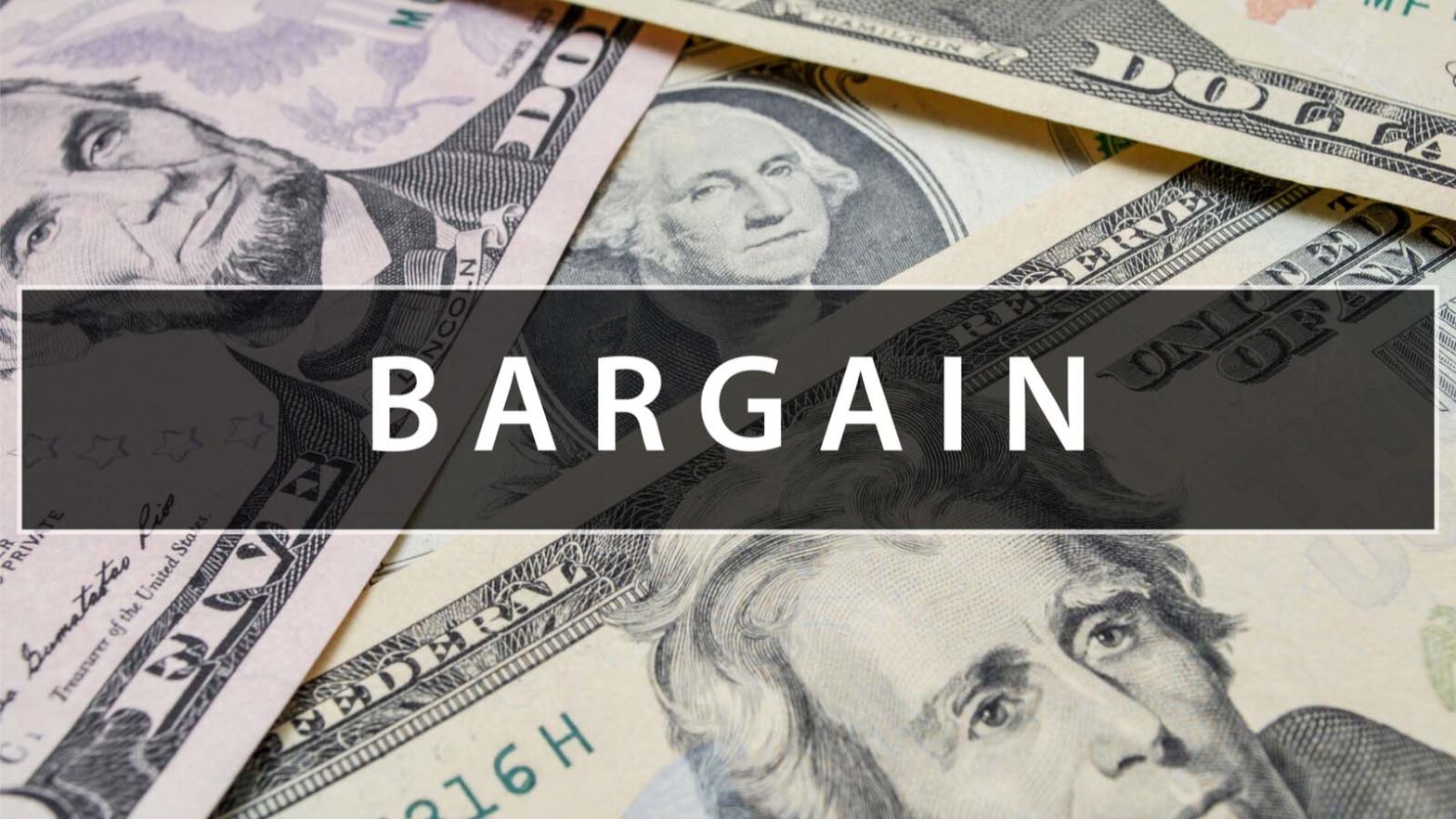These securities are affordable for most investors and offer big growth and shareholder rewards.
When it comes to buying stocks, price matters. The prices of some stocks are so high that retail investors can’t afford to buy a single share. Chipotle Mexican Grill (NYSE:CMG) recently announced a 50-for-1 stock split, the first split in the company’s history, as its share price approaches $3,000. In announcing the split, Chipotle’s management acknowledged that the share price had gotten beyond the reach of many investors. The stock split is scheduled to take place in June of this year.
Similarly, Warren Buffett created a second class of shares for Berkshire Hathaway (NYSE:BRK-A,NYSE:BRK-B) because he didn’t want to split the Class A stock that now trades at $637,389.06 per share. The company’s Class B stock trades at 1/1,500th of the price of the Class A shares. The point is that while fundamentals and valuation matters, so too does the actual sticker price of a stock. Keeping the share price affordable to a wide range of investors helps to improve the liquidity of a security. Here are the three best under $50 stocks to buy in April 2024.
Levi Strauss (LEVI)
On the day of this writing, the stock of Levi Strauss & Co. (NYSE:LEVI) is up 18% after the company reported financial results that beat Wall Street forecasts on the top and bottom lines. That said, shares of the company known for its blue jeans are still only trading at $22 a share and likely have more room to run. Even with the big post-earnings bounce, LEVI stock is only up 2% over the past five years. The company has struggled to reinvent its brand and bolster sales. But it now looks to have turned a corner.
Levi Strauss reported earnings per share (EPS) of 26 cents versus 21 cents that was expected among analysts. Revenue for the company’s fiscal first quarter exceeded the forecast of $1.56 billion, coming in at $1.56 billion. Analysts and investors particularly liked that Levi’s said nearly half of all its sales are now coming from its own website and stores, relying less on wholesalers. Direct-to-consumer sales comprised a record 48% of Levi’s total sales in the most recent quarter, boosting profits.
Levi’s now says that it wants direct-to-consumer sales to account for 55% of all sales. The company, which also raised its full-year guidance, has been working to diversify the products it sells, offering skirts, dresses, and shirts as well as blue jeans. Year to date, LEVI stock is up 36%.
Palantir Technologies (PLTR)
At $23 a share, Palantir Technologies (NYSE:PLTR) is likely affordable for most investors. For the money, PLTR stock delivers big growth and exposure to the fast growing area of AI. So far in 2024, Palantir’s share price has gained 40%. Over the last 12 months, the stock has increased 180%, beating the performance of most other tech companies. Driving the gains for shareholders has been profitability and the fact that the data analytics company is a big beneficiary of AI.
For the final three months of 2023, Palantir reported EPS of 8 cents, which matched Wall Street forecasts. Revenue of $608.4 million topped analysts’ expectations for sales of $602.4 million. Sales were up 20% from a year earlier. The company’s growth was attributed to demand for AI, which Palantir CEO Alex Karp has called “unrelenting.” Palantir has been rolling out a new AI platform and conducted 600 pilots of the technology in 2023, up from less than 100 in 2022.
Palantir, known for its work with the U.S. government, said its commercial (private sector) revenue grew 70% year-over-year in Q4 2023. The company has now reported four consecutive quarters of profitability, making it eligible for inclusion in the S&P 500 index.
UBS Group (UBS)
In banking, there is Swiss giant UBS Group (NYSE:UBS) whose shares currently trade at $31 each. Over the past year, UBS stock has risen 50% as the lender successfully integrates its former rival Credit Suisse and emerges as an even larger and stronger bank. Management at UBS has said they plan to complete the absorption of Credit Suisse by the end of the current second quarter. And they are already rewarding shareholders as the merger is finalized.
UBS Group just announced a new $2 billion stock buyback program. The lender said that up to $1 billion of its buyback will occur this year. The new program follows the completion in March of UBS’ previous stock buyback program that saw 8.62% of the lender’s stock worth $5.2 billion repurchased over a two-year period. In announcing the new buyback program, UBS said: “Our ambition is for share repurchases to exceed our pre-acquisition level by 2026.”
UBS, in addition to the buybacks, pays its shareholders a quarterly dividend of 35 cents a share, giving its stock a healthy yield of 2.14%. In February of this year, UBS raised its dividend payment by 25% after posting strong earnings.
On the date of publication, Joel Baglole did not have (either directly or indirectly) any positions in the securities mentioned in this article. The opinions expressed in this article are those of the writer, subject to the InvestorPlace.com Publishing Guidelines.

